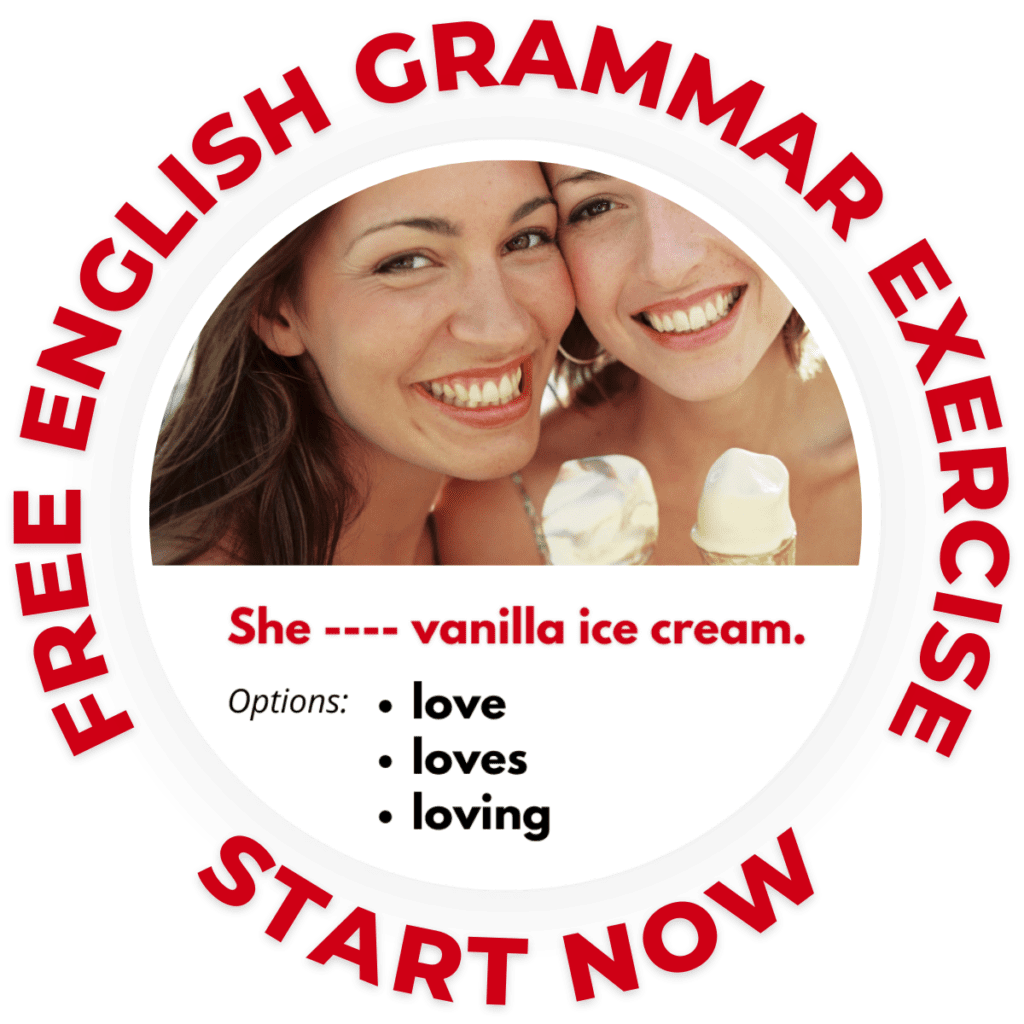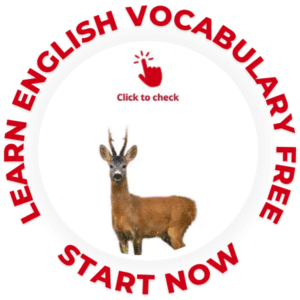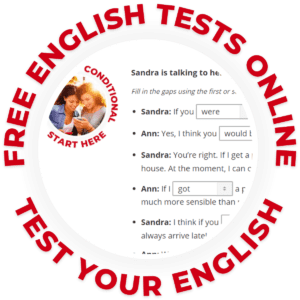
Learn English grammar
An interactive English grammar exercise. Fill in gaps in sentences, then check your answers.

Learn English vocabulary
Learn new vocabulary and refresh your knowledge with an interactive exercise.

Test your knowledge
Test your knowledge of the English language and practise to improve your language skills.
